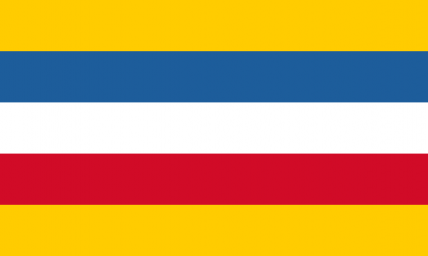Maklohi Vai wrote:Flag looks a bit fascist for my taste, but a plain tricolor is a bit boring. Have you considered other, similar designs?
As Arch said, we played around with a few designs but this ended up being the best on the lot. I believe this is the flag the proposal will keep but anyone feel free to make a subsequent amendment bill changing the flag if you have a different design you want considered if this bill passes.






